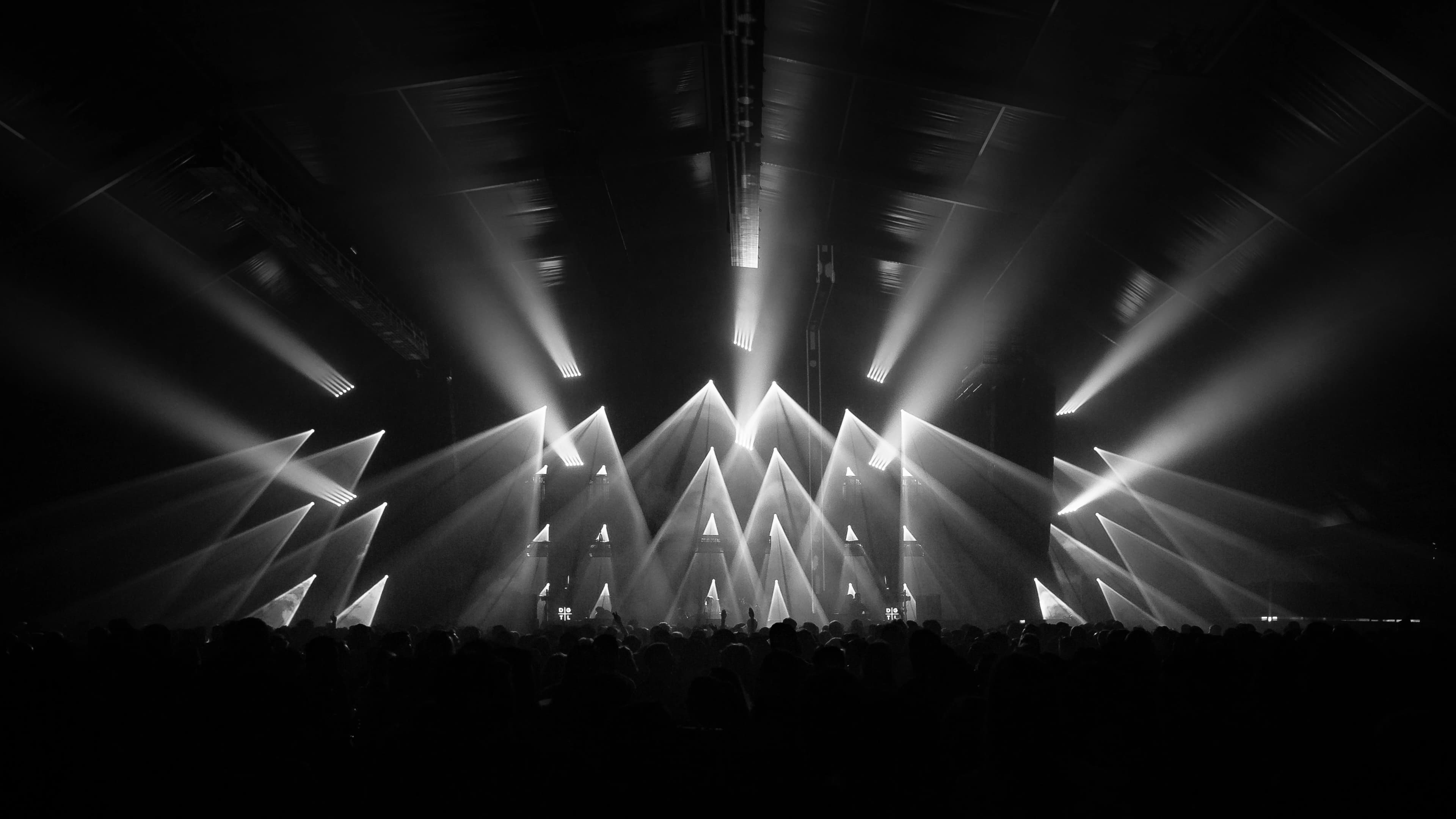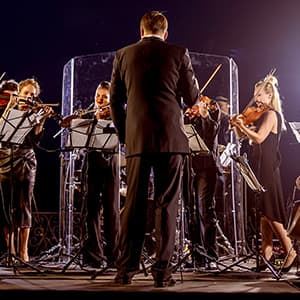

Beethoven Symphony No 9 Tickets
Up to 30% Off Compared to Competitors.
Location: Select Location (e.g, New York)
Events Nearby
We're Sorry. There are currently no events near you.
About Beethoven Symphony No. 9
In recent years, concerts featuring Beethoven's Symphony No. 9 have gained immense popularity, particularly during significant anniversaries and global events. The symphony is often performed by major orchestras around the world, including the Berlin Philharmonic, Vienna Philharmonic, and New York Philharmonic, drawing large audiences eager to experience its grandeur live. Current events include various orchestras planning special performances to celebrate the 250th anniversary of Beethoven's birth, which was celebrated in 2020. These performances often feature renowned conductors and soloists, enhancing the experience for concertgoers. Additionally, many organizations are hosting virtual concerts and live-streaming events to reach a broader audience, especially in the wake of the COVID-19 pandemic. Such initiatives have introduced Beethoven's Ninth to new generations, allowing people from all walks of life to connect with its powerful message of hope and unity. Beyond traditional concert halls, Symphony No. 9 is frequently featured in community events, educational programs, and even flash mobs, showcasing its enduring relevance and appeal. As orchestras continue to innovate in their presentations, Beethoven's Ninth remains a vibrant part of the cultural landscape, celebrated not just for its musical brilliance but also for its ability to inspire and bring people together during challenging times.
Beethoven Symphony No. 9 History
Beethoven's Symphony No. 9, completed in 1824, marks a pivotal moment in the history of classical music. It was the first symphony to incorporate choral elements, culminating in the famous 'Ode to Joy' finale, which set the text of Friedrich Schiller's poem to music. The symphony represents Beethoven's ideals of unity and brotherhood, embodying a spirit of hope and joy even in the face of adversity, a sentiment that resonates deeply with audiences. The premiere took place in Vienna on May 7, 1824, and it was a significant event, showcasing Beethoven's innovative approach to symphonic form. At the time of its premiere, Beethoven was already deaf, making the performance a remarkable feat of artistic resilience. Over the years, the Ninth Symphony has become a staple in the concert repertoire, celebrated for its emotional depth and complexity. Its influence extends beyond the concert hall, having been adopted in various cultural and political contexts, most notably as a hymn for unity and peace. The symphony's choral finale has been performed in numerous languages and has inspired countless arrangements, further solidifying its place in the annals of classical music history.
